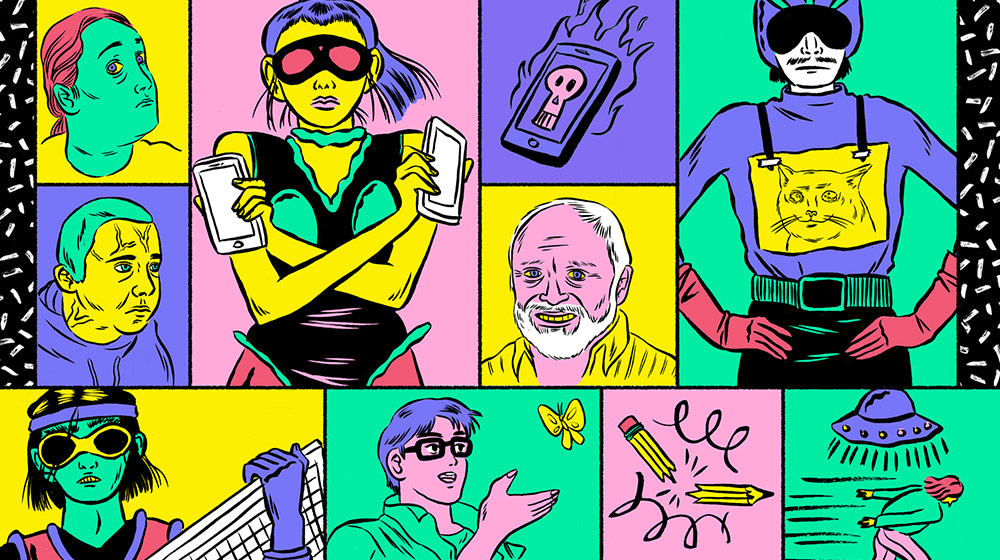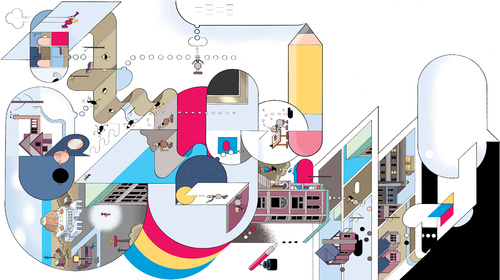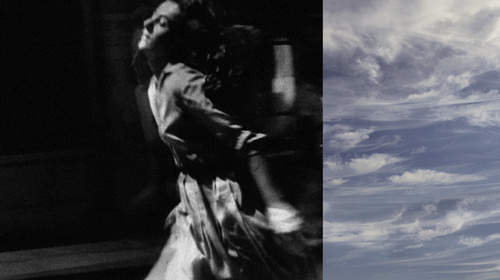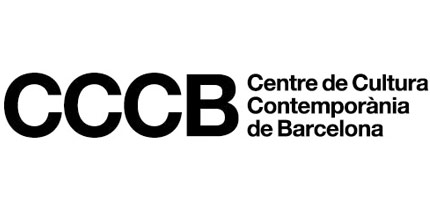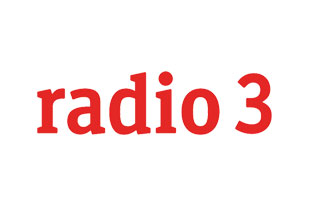Memefest
Memefest 2019
A celebration of digital folklore and humour on the Internet
Festivals
Memes have become part of our everyday life, transforming the way we relate with each other and comment in public. Memefest is a celebration of this free, popular and uncontrollable form of communication, where leading figures in digital humour and creation reflect on how we laugh and communicate today.
19:30 | Presentation
Mockudramas (Pol Mallafré) takes the stage for the first time to share the ups and downs of his life as a video editor and producer who doesn’t quite make it as a YouTuber. He is master of ceremonies of Memefest 2019.
19:50 | Rocío Quillahuaman and Roberta Vázquez
Precarious lives, no filters
In the social networks, the number of followers doesn’t always match the number of zeros in your bank account. There is an entire generation that moves naturally in the social networks, the context in which they have found work, but there is a breach between their cultural and their economic capital. Audiovisual creator Rocío Quillahuaman and illustrator Roberta Vázquez present their view of being a poor artist in these times, and how memes and humour on the Internet help to make everything more bearable.
20:45 | Kike García and Laura Tabarés
What’s so funny? Memes and weird Internet
The new comedy is designed not just to make people laugh, but to disconcert and cause discomfort. Generation Z, with its mobiles and TikToks, uses a form of humour that is often incomprehensible to older people. What are young people laughing at? When did millennial humour get so absurd? Kike García, co-founder of El Mundo Today, and Laura Tabarés, researcher and creator of memes at La Pícara Justina, talk about the generation gap in humour (if there is one).
21:30 | Chenta Tsai (Putochinomaricón) and Proyecto UNA
Reactionary Internet vs Bright Internet
We’ve seen how the more conservative sectors use memes, communication strategies and pop symbols for the effective mass dissemination of their ideology. When anyone speaks out against these discourses, they call them “namby-pambies” and defend their own “political incorrectness”. But is there a light in all this darkness? Communities that are marginalised by the hegemonic discourse also find spaces on the Internet to step up, protest and create networks using humour. We’ll be talking about them with Proyecto UNA and the artist Chenta Tsai (Putochinomaricón).
22:30 | Meme Battle
Presented by Charlie Pee, the Meme Battle puts Memefest participants to the test, pitting them against meme-related challenges. Taking part are Rocío Quillahuaman, Roberta Vázquez, Kike García, Raquel Hervás, Joel Díaz and Joan Ferrús.
The Meme Battle is inspired by TV contests from the nineties, scripted by Albert Monreal, Aniol Florensa and Oriol Esteve.
23:30 | Concert and relationship advice with SOSUN.dance. Guest star at the screenings: albertsanchez.es, el de Cornellà
In one of the best-known memes, a young man holds his girlfriend’s hand while looking out of the corner of his eye at another young woman walking past. Because memes, networks, apps, the Internet and mobiles affect relationships and the associated drama. Digital folklore, too, draws on the imaginary of the divas we’ve come to know and love, resignified. The product of this cocktail is a concert-cum-relationship advice, a show compered by superheroine Kaguda Yura (Estel Boada) and Llança Sosun (Daniel Moreno) to make us sing and dance so that we forget our sorrows and our love life shines for ever more.
Participants: Mockudramas (Pol Mallafré), Roberta Vázquez, Rocío Quillahuaman, Laura Tabarés, Kike García, Chenta Tsai (Putochinomaricón), Proyecto UNA, Charlie Pee, Joel Díaz, Raquel Hervás, Joan Ferrús, SOSUN.dance, albertsanchez.es, el de Cornellà
Directors: Filles d’Internet
This activity is part of Memefest
Related contents
Meme Battle 2019
Memefest 2019
Presented by Charlie Pee, the Meme Battle puts Memefest participants to the test, pitting them against meme-related challenges. Taking part are Rocío Quillahuaman, Roberta Vázquez, Kike García, Raquel Hervás, Joel Díaz and Joan ...
Chenta Tsai (Putochinomaricón) and Proyecto UNA
Reactionary Internet vs Bright Internet
We’ve seen how the more conservative sectors use memes, communication strategies and pop symbols for the effective mass dissemination of their ideology. When anyone speaks out against these discourses, they call them “namby-pambies” and defend their own “political incorrectness”. ...
